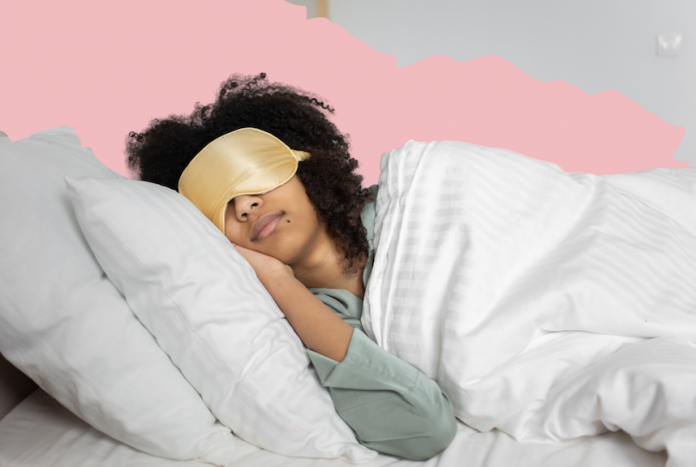The warmer weather is finally here, but with better weather often comes drawbacks, especially if you’re an allergy sufferer. The most common allergy in adults is hayfever, which can have many uncomfortable symptoms and a drastic effect on how you function in day to day life. We all want to enjoy the summer, and luckily, there are ways you can make allergy season more bearable – especially at night time. Here’s 5 IDEAL ways to relieve sneezing and itching during hayfever season.
WASH YOUR SHEETS
The average person washes their bed sheets once every two weeks but in the summer, twice a month is not enough to keep allergens at bay. In hayfever season, consider washing your sheets at least once a week to keep sheets free of pollen, as well as dust and other particles that might make symptoms worse. A hot wash will also help. In a study, scientists found that washing items at hotter temperatures was more effective at removing traces of tree pollen, so when you wash your sheets, make sure it’s at a temperature of 40C or above – ideally at least 60C.
RECONSIDER YOUR BEDDING
When it comes to the environment you sleep in, your mattress can be one of the biggest aggravators of allergy symptoms. The average mattress can contain tens and thousands of dust mites and their waste, which are a serious irritant for people with allergies.
It can be hard to banish dust mites for good, but a high-quality mattress which holds the Allergy UK seal of approval can help. Try to pick a mattress which include Smart Fibres, which help to keep your sleep environment fresh and dry and also reduce dust mites. If you suffer from an allergy, Purotex microcapsules and Tencel fibres are good materials to look out for when choosing a new mattress. Here is a step-by-step guide for disinfecting your mattress and getting rid of all the things that have no business being in your place of rest.
HONEY FOR HAYFEVER
Honey is thought to be a homeopathic cure for your pollen-related spring woes, the theory being that having a spoonful of honey each day works as repeatedly ingesting small doses of the allergen (in the case pollen) acts in a similar way to a vaccination. However, this only works with local honey as it’s thought that when a person eats local honey, they are thought to be ingesting local pollen. As in, the stuff that will likely be making you wheeze and sneeze. Over time, a person may become less sensitive to this pollen. As a result, they may experience fewer seasonal allergy symptoms. While there is very little evidnce to suggest that this actually works, a soothing mug of honey and lemon certainly won’t do you any harm. And worry not if you don’t live in the countryside, there are plenty of urban Rooftop City honey producers from London to Melbourne producing local honey.
HAVE A NIGHT TIME SHOWER
You might be a fan of a cool shower to wake you up first thing in the morning, but if your allergy symptoms get worse at night, it may be worth considering shaking up your shower routine. At the end of a long day, your hair, skin and clothes will be covered in micro-particles of dust and pollen, especially if you’re spent long periods outside enjoying the sunshine. A quick shower before settling down for the night can help remove these allergens before you sleep, reducing night time symptoms.
KEEP AN EYE ON SYMPTOMS
If you have a whole host of medication to relieve your symptoms, consider when you are suffering the most and make sure you’re taking them at an appropriate time of the day. Keep a diary of symptoms and notice the times of day you have flare ups. If night time is one of the times you suffer the most, consider taking any medication before bed so you reap their full benefits, making sure to consult your doctor before making any changes.





